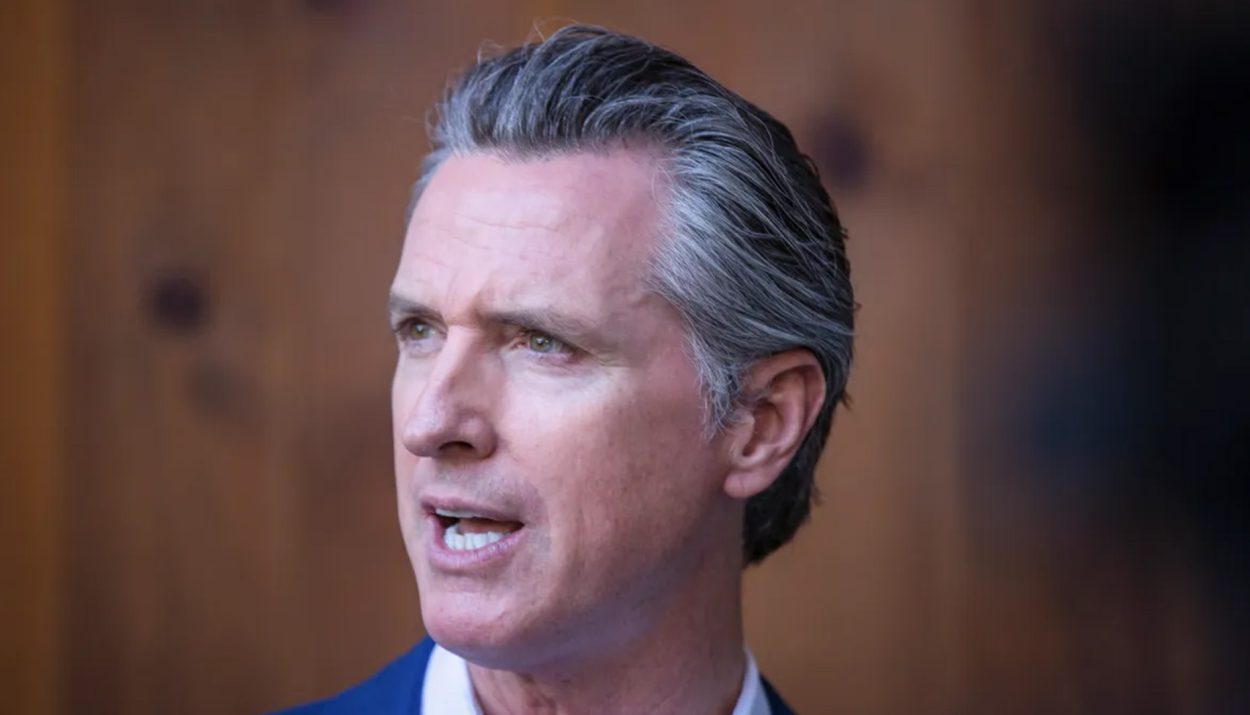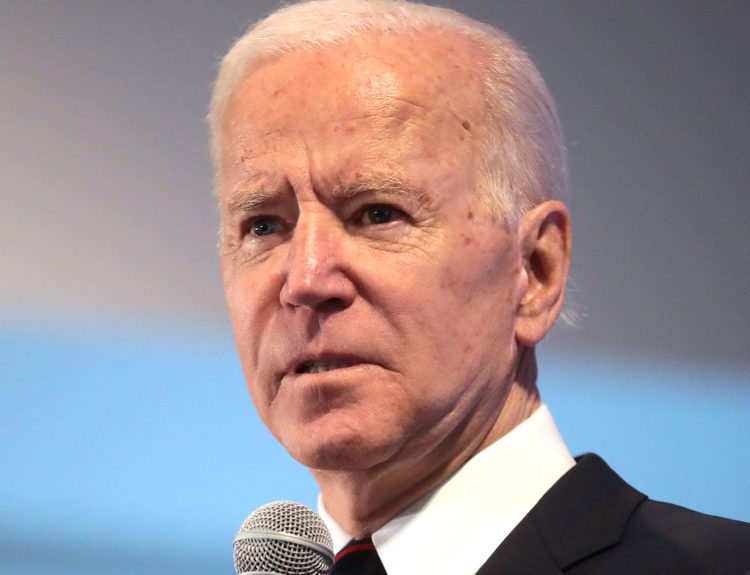Foster’s Freeze In California laid off employees because of Newsoms minimum wage increase that took effect on April 1st. The assistant manager stated that the owner was incapable of paying the higher salaries. Prior reports indicated many California restaurants had already begun layoffs anticipating the wage hike.
New Legislation In California
The new law California that has set the minimum wage to a staggering $20 an hours has raised some concerns,

Critics believe that there is a big potential for serious consequences.
Most Severely Affected
While economists discuss the consequences of the minimum wage increase, the restaurant industry is typically the one to take the biggest hit due to profit margins.
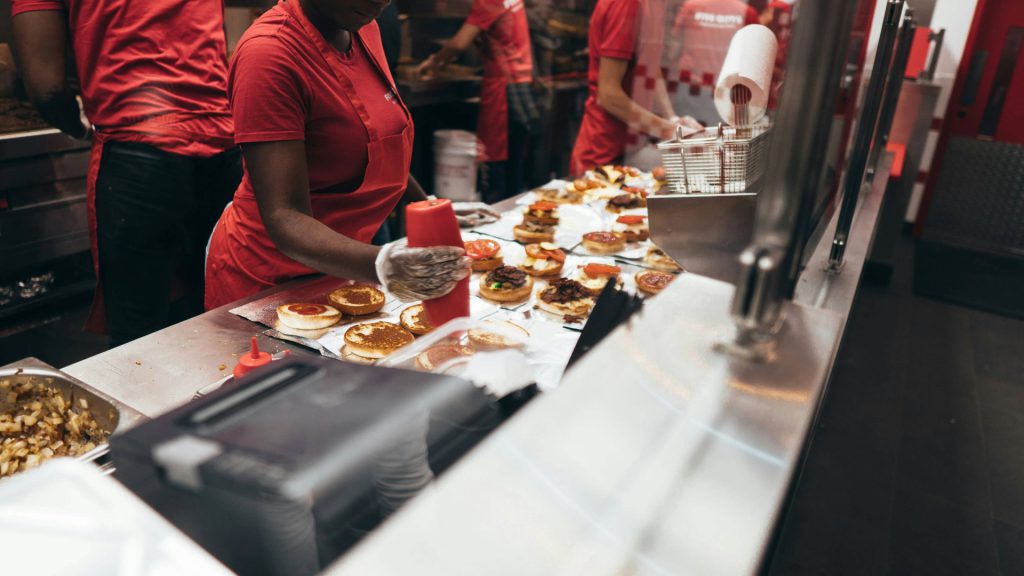
California has the highest unemployment rate in the United States currently, it was 5.3% as of February, proving that the minimum wage law has led to job losses.
Low-Wage Employees
While the legislation was meant to aid lower income employees, when it is actually the reason behind job loss,
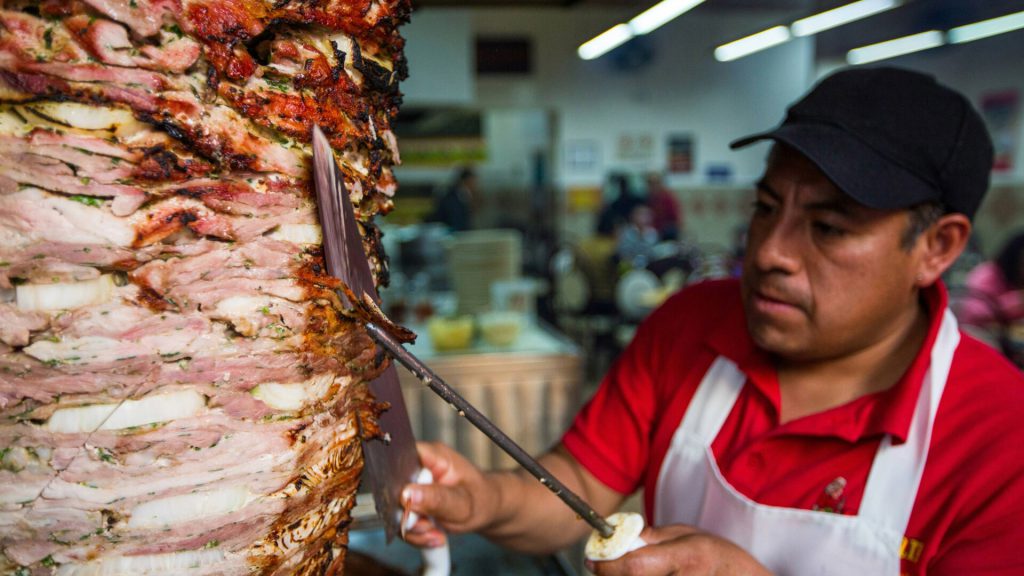
reduced hours, increased automation, and increases in prices on menus.
Employment Losses
Some fast food businesses have already taken initiative on laying off employees before the law took effect.
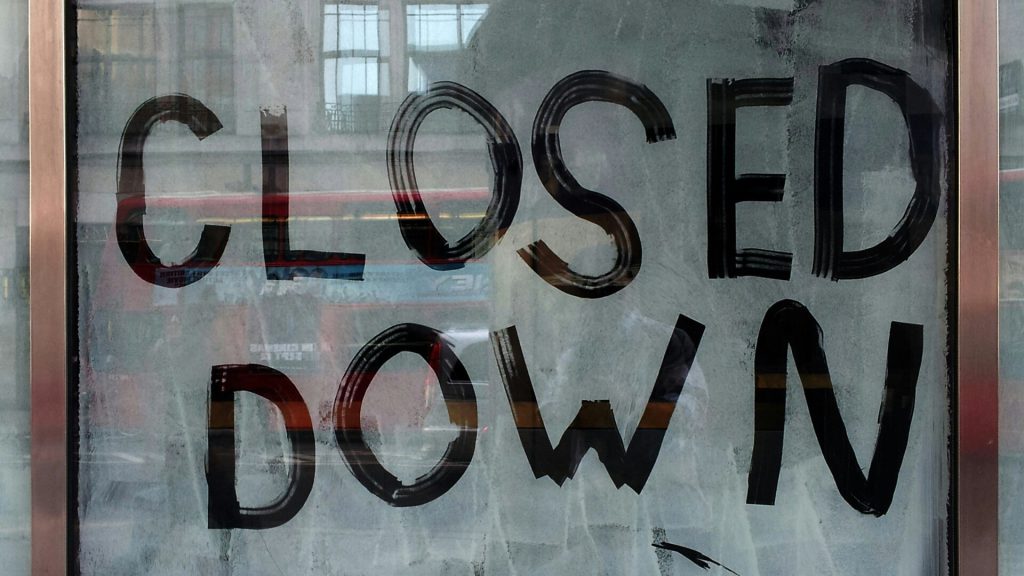
Research shows that the higher minimum wages can be a boost for some but for others it will lead to job loss.
Raising Federal Minimum Wage
The Journal wrote,
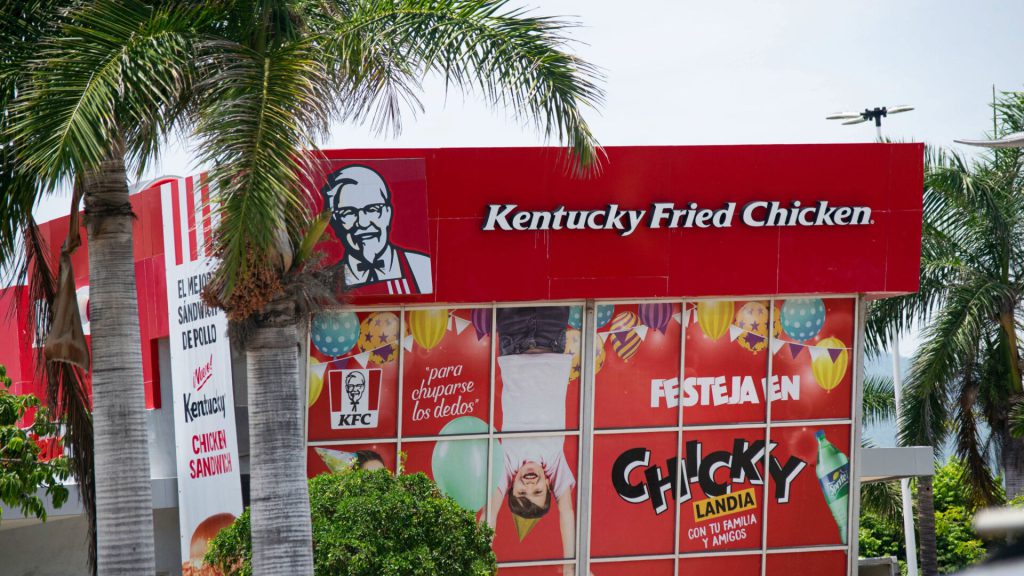
“A study by the nonpartisan Congressional Budget Office last December found that raising the federal minimum wage to $17 an hour from $7.25 by July 2029 could increase wages for more than 18 million people, but also could reduce employment by about 700,000 workers.”
Cost For Employers
The Journal said,
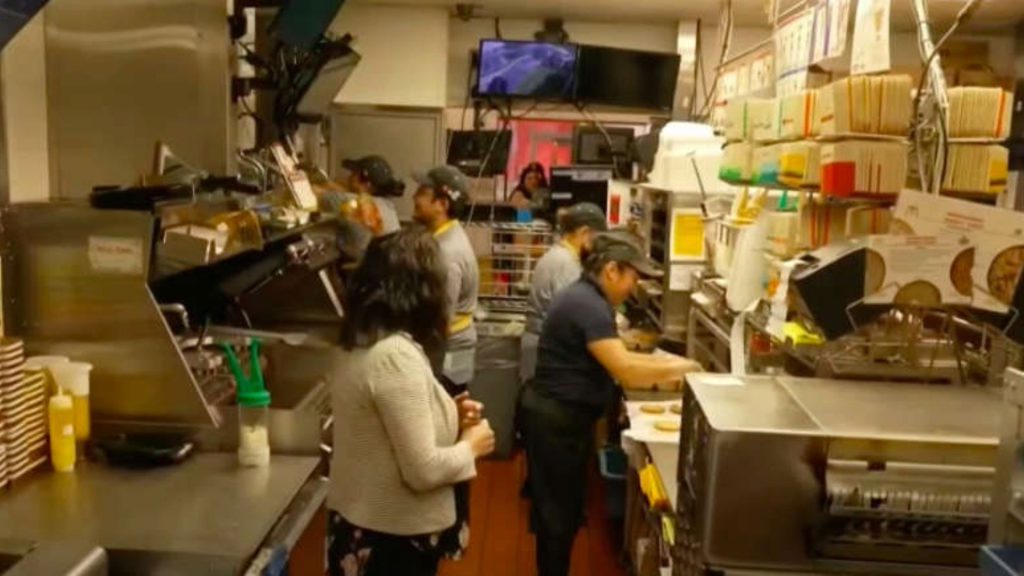
“Higher wages would increase employers’ costs, raise prices for consumers and depress some demand, the CBO found. Some employers would also turn to technology to try to reduce their reliance on low-wage workers.”
Unexpected Outcomes
Critics contend that the higher wages law will make it more difficult for restaurants to stay in business and take on new hires,

Leading to consequences for workers that were unexpected.
Fast-Food Workers
The Journal reported,“California had 726,600 people working in fast-food and other limited-service eateries in January, down 1.3% from last September, when the state backed a deal for the increased wages,”
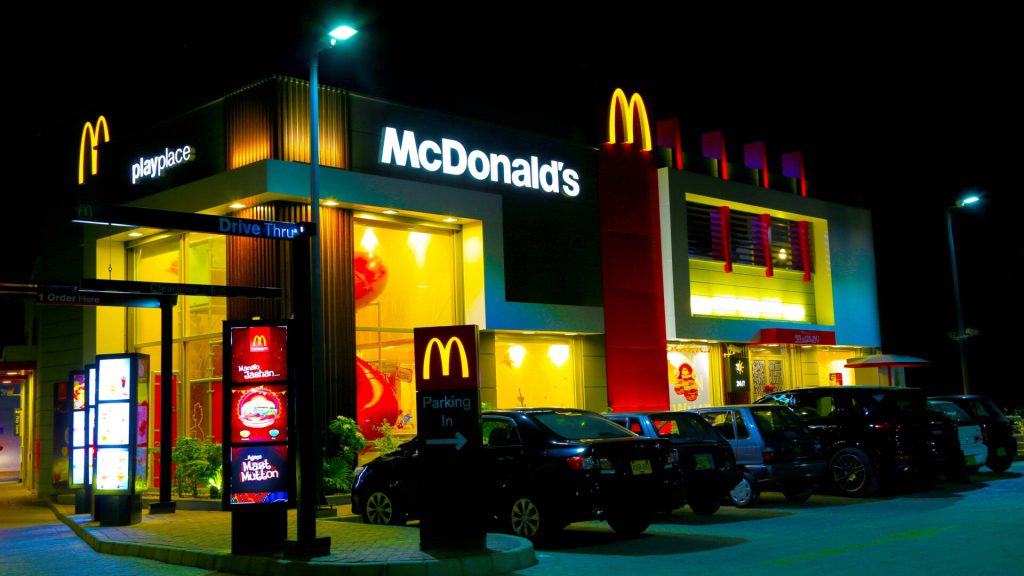
“Total private employment in the state declined 0.2% over that period, according to state figures.”
Restaurant Operators
They continued, “Many California restaurant operators are looking for other ways to cover the cost, like reducing hours, closing during slower parts of the day or serving menu items that take less time to make,”
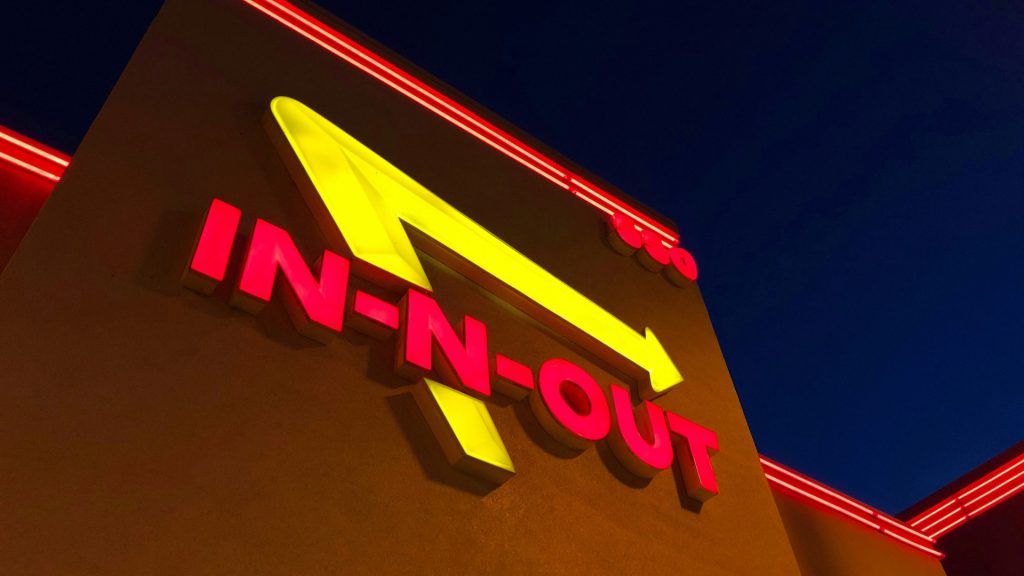
“I can’t charge $20 for Happy Meals. I’m leaving no stones unturned,” McDonald’s owner Scott Roderick said.
Pizza Hut
Major Pizza Hut franchisees have laid off 1,200 delivery drivers thus far, while smaller businesses such as Vitality Bowls have reduced their staff by half.

Automation initiatives, such as fryer robots and automated drink dispensers, are being explored by restaurants like Jack in the Box as they anticipate further job cuts. As a result of all of this, employee hours are being cut, and prices continue to go up.
Multiple Chains
Several chains reacted by either laying off employees or increasing their prices, with some places closing their doors for good.

For example, Foster’s Freeze employees saw their wages go from $16 an hour to zero, showcasing the unexpected consequences of the wage increase.
Burger King
Per a report from The New York Post,
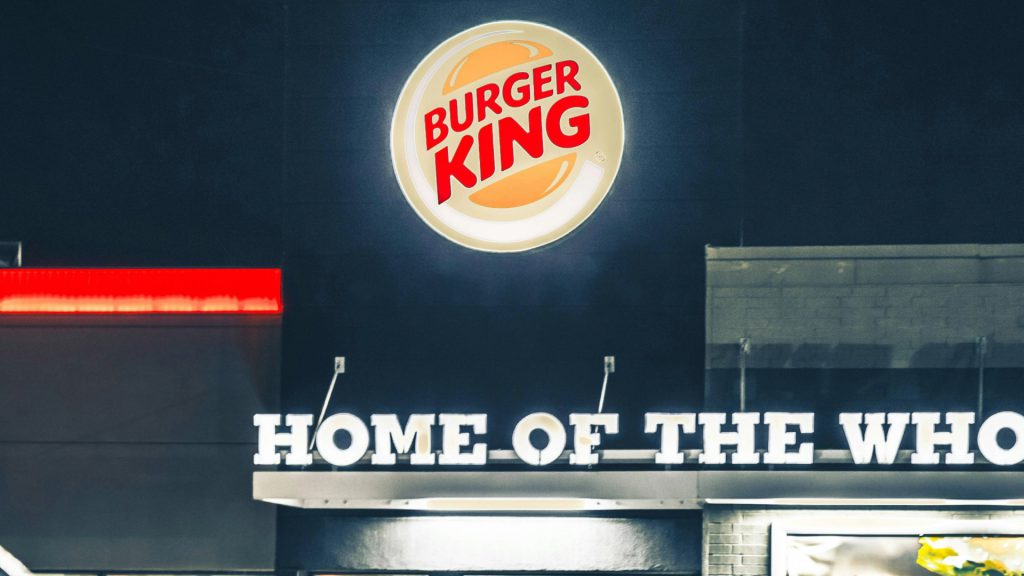
The prices at Burger King in the Los Angeles area have spiked significantly following the new law.
Texas Double Whopper
For example, the cost of a Texas Double Whopper has gone from $15.09 on March 29 to $16.89 on April 1, that is almost a $2 increase in just two days.

Similar to the Whopper, the Big fish mean hit an all time high when it went from $7.49 to $11.49, reflecting the exact rise in the hourly wage.
Increases In Price
Other menu items have seen price increases that range from 25 cents to a dollar.
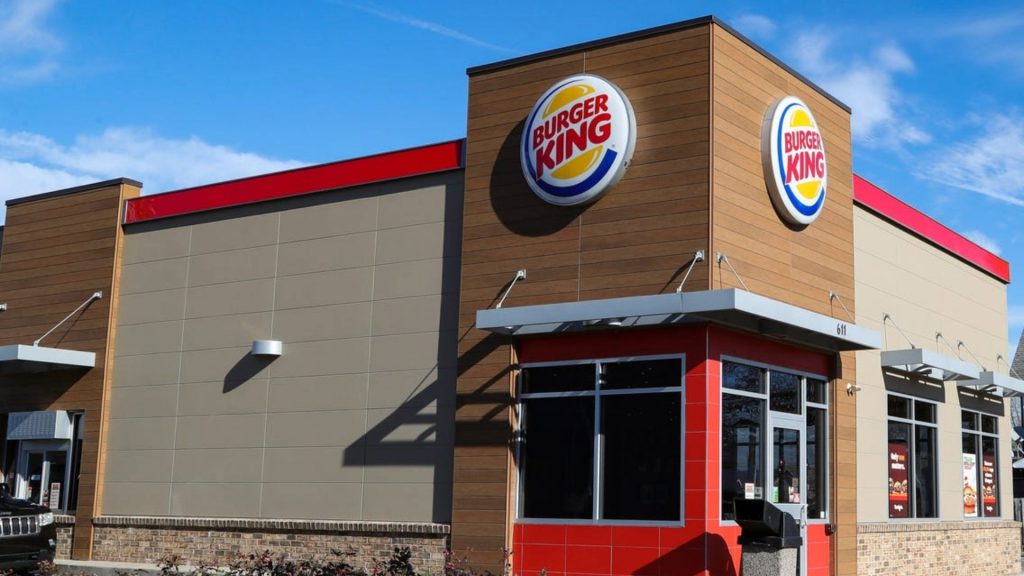
The Democratic Party has maintained control of California, enjoying supermajorities in the state assembly and facing very little opposition. This dominance gives them the ability to implement policies without transparency or accountability to the public.
Democratic Ideals
California serves as an experimental hub for other cities like Baltimore, Selma, Detroit, and Oakland.

The recent increase in the minimum wage for certain fast-food workers to $20 per hour, marking a 25% raise from $16, underscores this unchecked power, prompting many questions about the state’s overall direction.
A Significant Percentage
Many advocates are minimizing the increase in prices via social media, contending that 25 cents to a dollar isn’t that significant.
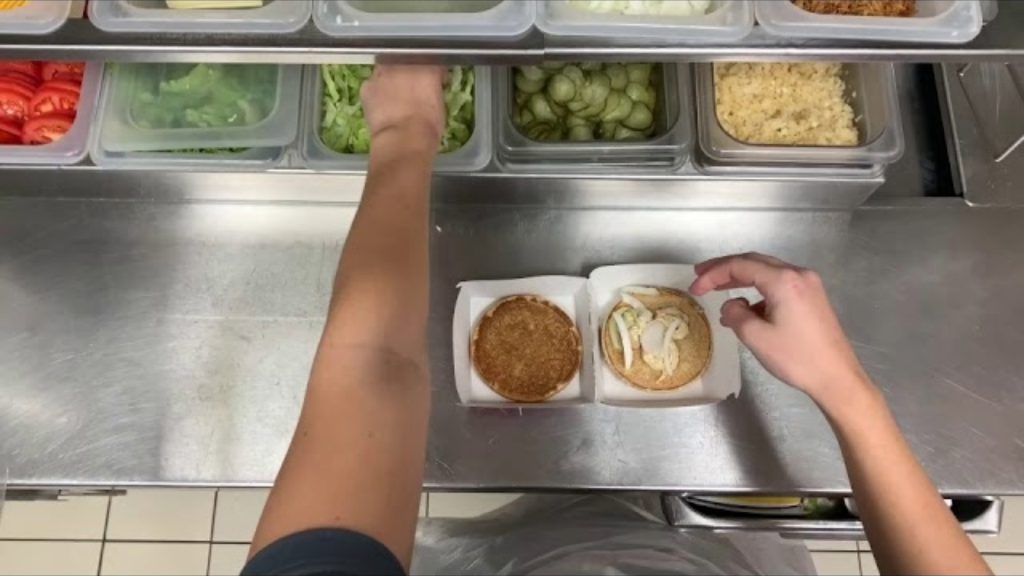
They are ignoring the fact these spikes represent a significant percentage of the item’s total price.
Adjustments
Furthermore, these price adjustments transpired within just two short days of the law taking effect,

Leading some to believe that there are likely more price increases coming.
Raising Cane’s
During a recent interview on CNBC, the CEO of Raising Cane’s, a fried chicken restaurant chain, dove into the repercussions of the new law on his business.
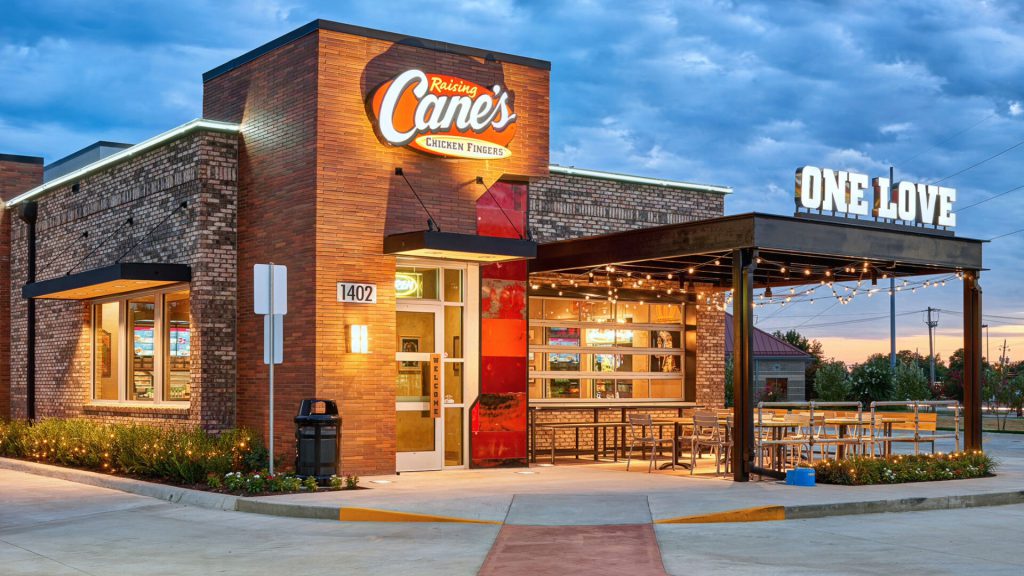
Oddly, the CNBC anchor asked a question that seemed to overlook the potential negative impacts of the legislation, instead focusing on the idea that raising prices could counteract the benefits of higher wages for minimum wage workers.
Neglected
The CEO’s answer to the question was somewhat vague, maybe because of the nature of the interview or just lack of attention.
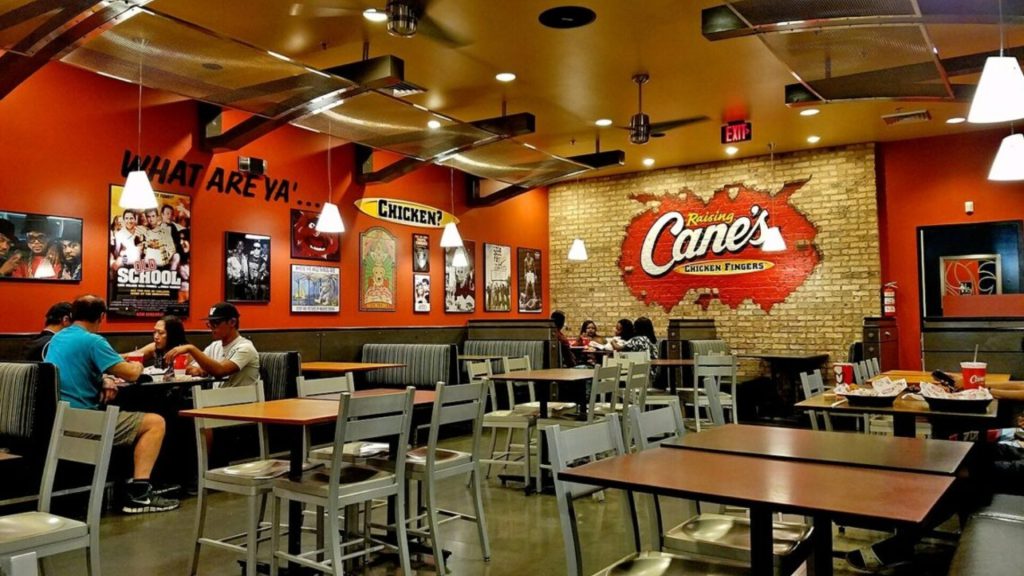
Regardless, the anchor’s questions raised thought-provoking points about if the wage increase is actually helping employees or hurting them in the long run.
Layoffs
The consequences of this new law is very apparent in the increasing number of employees that are being laid off because of it,

With more layoffs expected to happen.
The Predicament in California
The reluctance to acknowledge this reality, even from prominent figures like the CEO of Raising Cane’s, shows the state of California’s economic predicament.

It seems that many people in the state either lack understanding of the fundamental economic principles or are reluctant to address them openly.
Inflation
Raising the minimum wage by 25% during a time when inflation is at an all time high is undoubtedly unwise.

The approach seems like an ill-advised effort to sidestep the real challenges that Californians are facing, but in reality, it is only making the situation worse.
Directly Affected
However, the fast food workers most impacted by these changes understand this situation very well,
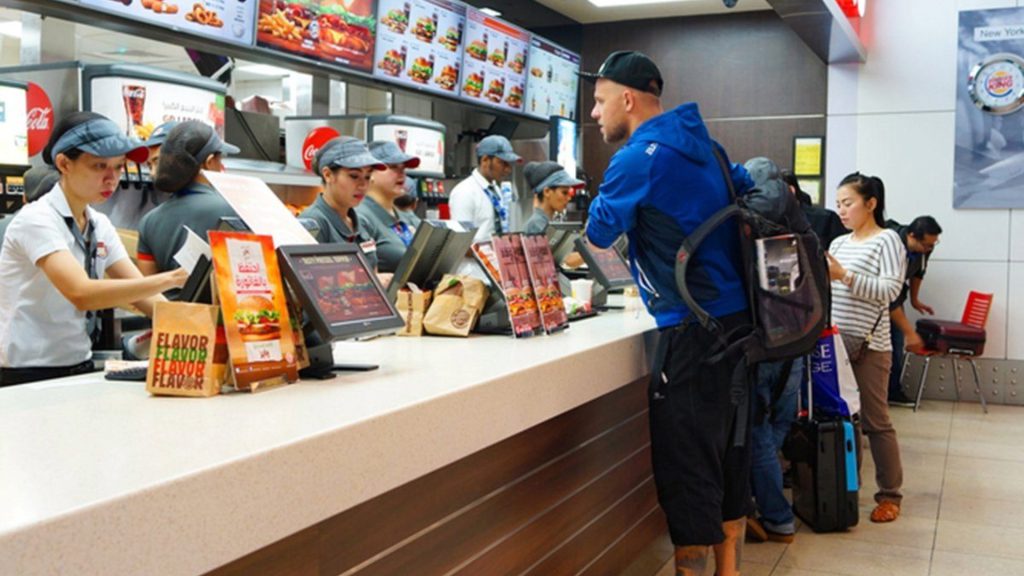
recognizing that the wage increase has not effectively resulted in a raise for them.
Issues That Already Exist
Rather than taking care of pre-existing issues, this approach ultimately causes more problems.
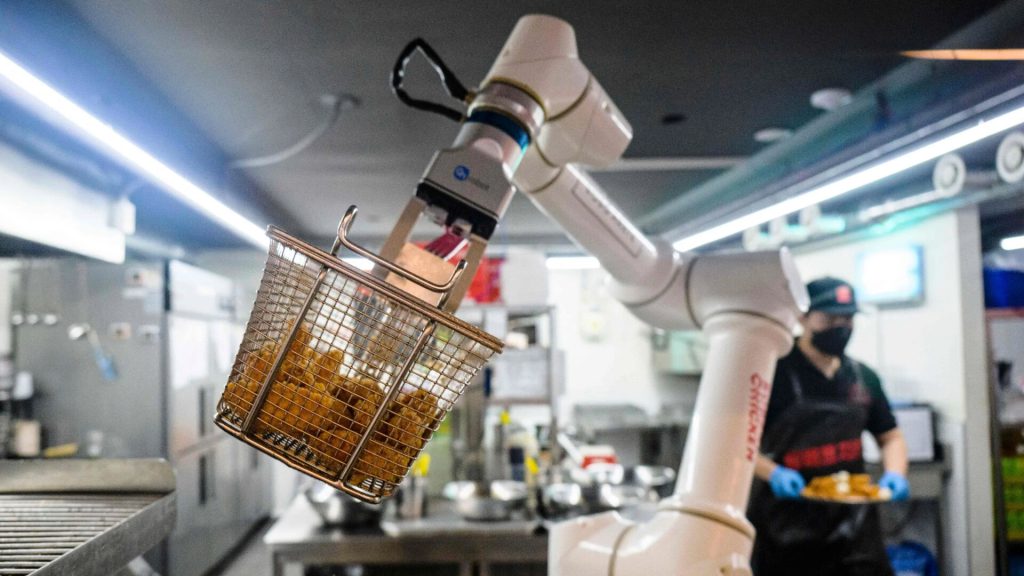
It is a perfect example of attempting to solve problems by inadvertently causing more issues that they were meant to solve.
Rep. Barbara Lee
California Rep. Barbara Lee said, “Just do the math. Do the math, says the woman who apparently can’t add two plus two. She wants to mandate six-figure incomes for the people who run the cash register at McDonald’s.
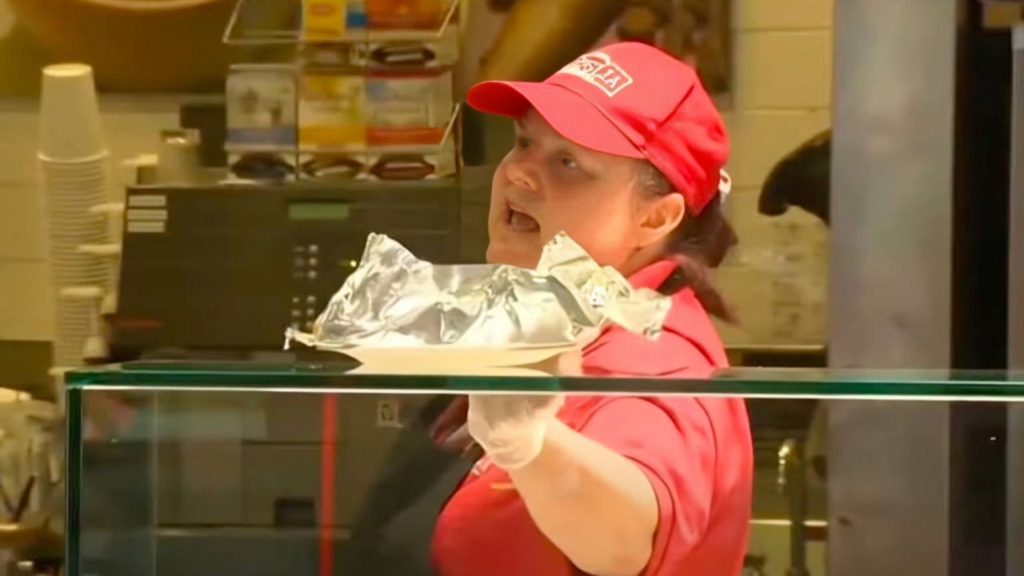
You notice that she was asked about the economic sustainability of such a plan and did not pretend to even address that concern. That’s because it is, of course, not sustainable at all. $20 an hour isn’t even sustainable. $20 an hour has already caused a bloodbath of layoffs and price hikes. $50 an hour would simply be the end of commerce in California, which means the end of California itself. So, on second thought, maybe her plan has some benefits.”

